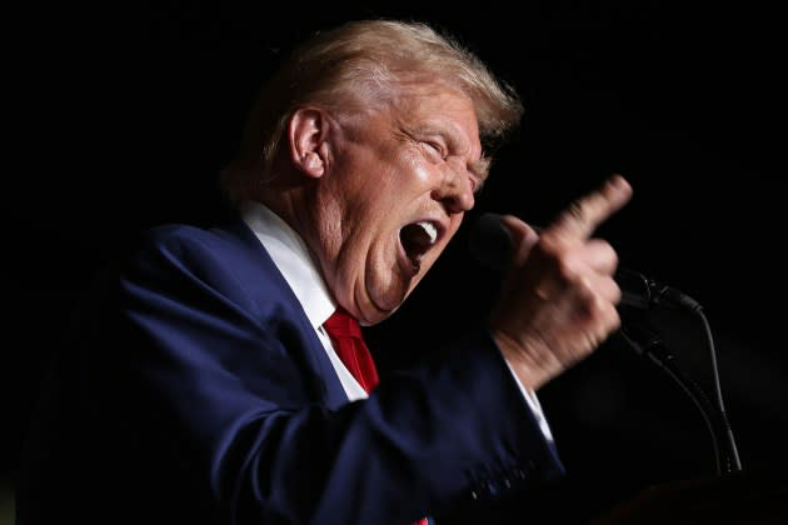Why Kamala Harris Might Win This
the strategic approach of Vice President Kamala Harris is already apparent


As the nation who has voted already, and those who will vote tomorrow await the results of the latest election, the strategic approach of Vice President Kamala Harris is already apparent.
Facing a challenging race against former President Donald J. Trump, Harris navigated a climate ripe with demand for change amidst widespread dissatisfaction with the country's direction and economy. Here’s what experts will likely highlight if Harris secures a victory.
Turnout Triumph
A cornerstone of Harris’s strategy was her commitment to a robust get-out-the-vote operation. Relying on traditional Democratic efforts, her campaign deployed thousands of paid staff and union members to engage voters directly. With 2,500 staffers operating from 353 offices nationwide, they achieved impressive metrics—600,000 door-knocks and three million phone calls in one week alone.
In stark contrast, Trump relied largely on allies, including Elon Musk, to manage voter outreach, lacking the seasoned organizational experience of Harris’s team. This emphasis on turnout may be considered a decisive factor, underscoring the longstanding belief in political circles that effective turnout operations can sway tight races.

The Abortion Factor
Following the Supreme Court’s controversial decision to overturn Roe v. Wade, abortion rights became a pivotal issue. This momentum was evident in the 2022 midterms, where Democrats outperformed predictions, bolstered by voter frustration over the court’s ruling.
Harris’s focus on protecting abortion rights resonated with voters, with Democrats spending significantly on ads centered around the issue. Despite Trump’s attempts to downplay a national abortion ban, Harris capitalized on this energy, demonstrating the issue's electoral power and suggesting that Republicans may need new strategies to address it in future contests.
A Polarizing Opponent
Trump’s own campaign missteps may have inadvertently bolstered Harris’s chances. His late-stage speeches, marked by erratic and intimidating rhetoric, alienated as many voters as they rallied.
Harris seized this opportunity, characterizing Trump as “unhinged and unstable” in a strategic address from the Naval Observatory. Trump’s behavior reinforced this portrayal, notably with his startling comments about Republican critic Liz Cheney. Harris’s ability to frame the narrative effectively may have solidified her appeal in the campaign’s closing days.

Champion of Change
Despite serving in the current administration, Harris managed to position herself as a symbol of change, a message that resonated powerfully with voters. Her age, 18 years younger than Trump, coupled with her gender, helped distinguish her as a forward-looking candidate. Her victory would signify a successful rebranding, countering Trump’s attempts to tie her to President Biden’s tenure.
The Gender Gap
Harris’s electoral support surged particularly among women. Unlike Hillary Clinton’s 2016 campaign, Harris did not need to emphasize the historic nature of her candidacy. Nevertheless, her potential victory would mark a groundbreaking achievement as the first woman, as well as the first Black and Asian-American woman, to serve as President.
The final New York Times/Siena College poll highlighted a clear gender divide: Harris led Trump by 54 percent to 42 percent among women, while Trump maintained a lead among men.As the nation stands at a political crossroads, the implications of this election are profound. Should Harris emerge victorious, it will underscore the effectiveness of her strategies in a rapidly evolving political landscape.

POSTED ON 11/04/2024 - LAST UPDATED ON 11/04/2024






